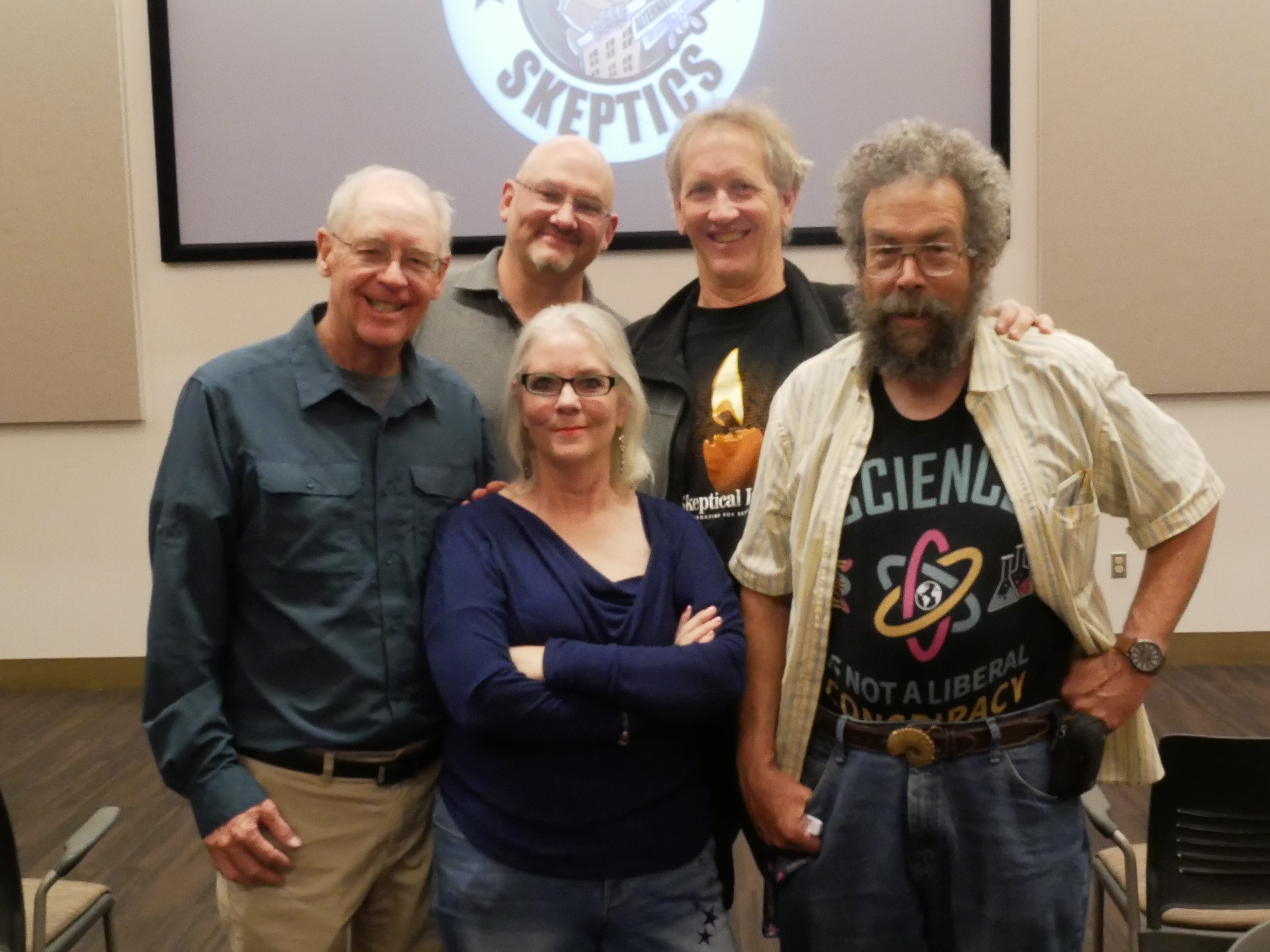|
Instituto Questão De Ciência
The Instituto Questão de Ciência (IQC) (English: Science Question Institute) is a Brazilian non-profit organisation founded in 2018, dedicated to the promotion of scientific and critical thinking and the use of scientific evidence in public policies. Goals One of the primary focuses of the IQC is opposition to the spending of public funds on forms of treatment that are either ineffective or without scientific proof, as is done through the ''Política Nacional de Práticas Integrativas e Complementares'' (National Policy of Integrative and Complementary Practices) in Brazil. The IQC seeks to convince the Brazilian government to stop financing such practices through the united health system, Sistema Único de Saúde (SUS). Other themes that motivated the creation of the institute include the phosphorylethanolamine fiasco (during which the drug was distributed in capsules by a professor at USP with the unverified claims that it would treat different types of cancer) and the invasio ... [...More Info...] [...Related Items...] OR: [Wikipedia] [Google] [Baidu] |
Critical Thinking
Critical thinking is the process of analyzing available facts, evidence, observations, and arguments to make sound conclusions or informed choices. It involves recognizing underlying assumptions, providing justifications for ideas and actions, evaluating these justifications through comparisons with varying perspectives, and assessing their rationality and potential consequences. The goal of critical thinking is to form a judgment through the application of rational, skeptical, and unbiased analyses and evaluation. In modern times, the use of the phrase ''critical thinking'' can be traced to John Dewey, who used the phrase ''reflective thinking,'' which depends on the knowledge base of an individual; the excellence of critical thinking in which an individual can engage varies according to it.Piergiovanni, P. R.Creating a Critical Thinker ''College Teaching'', Vol. 62, No. 3 (July–September 2014), pp. 86-93, accessed 26 January 2023 According to philosopher Richard W. Paul, ... [...More Info...] [...Related Items...] OR: [Wikipedia] [Google] [Baidu] |
Skeptical Movement
Scientific skepticism or rational skepticism (also spelled scepticism), sometimes referred to as skeptical inquiry, is a position in which one questions the veracity of claims lacking scientific evidence. In practice, the term most commonly refers to the examination of claims and theories that appear to be unscientific, rather than the routine discussions and challenges among scientists. Scientific skepticism differs from philosophical skepticism, which questions humans' ability to claim any knowledge about the nature of the world and how they perceive it, and the similar but distinct methodological skepticism, which is a systematic process of being skeptical about (or doubting) the truth of one's beliefs. in The skeptical movement ( British spelling: sceptical movement) is a contemporary social movement based on the idea of scientific skepticism. The movement has the goal of investigating claims made on fringe topics and determining whether they are supported by empirical r ... [...More Info...] [...Related Items...] OR: [Wikipedia] [Google] [Baidu] |
Skeptic Organisations In Brazil
Skepticism ( US) or scepticism ( UK) is a questioning attitude or doubt toward knowledge claims that are seen as mere belief or dogma. For example, if a person is skeptical about claims made by their government about an ongoing war then the person doubts that these claims are accurate. In such cases, skeptics normally recommend not disbelief but suspension of belief, i.e. maintaining a neutral attitude that neither affirms nor denies the claim. This attitude is often motivated by the impression that the available evidence is insufficient to support the claim. Formally, skepticism is a topic of interest in philosophy, particularly epistemology. More informally, skepticism as an expression of questioning or doubt can be applied to any topic, such as politics, religion, or pseudoscience. It is often applied within restricted domains, such as morality (moral skepticism), atheism (skepticism about the existence of God), or the supernatural. Some theorists distinguish "good" or moder ... [...More Info...] [...Related Items...] OR: [Wikipedia] [Google] [Baidu] |
